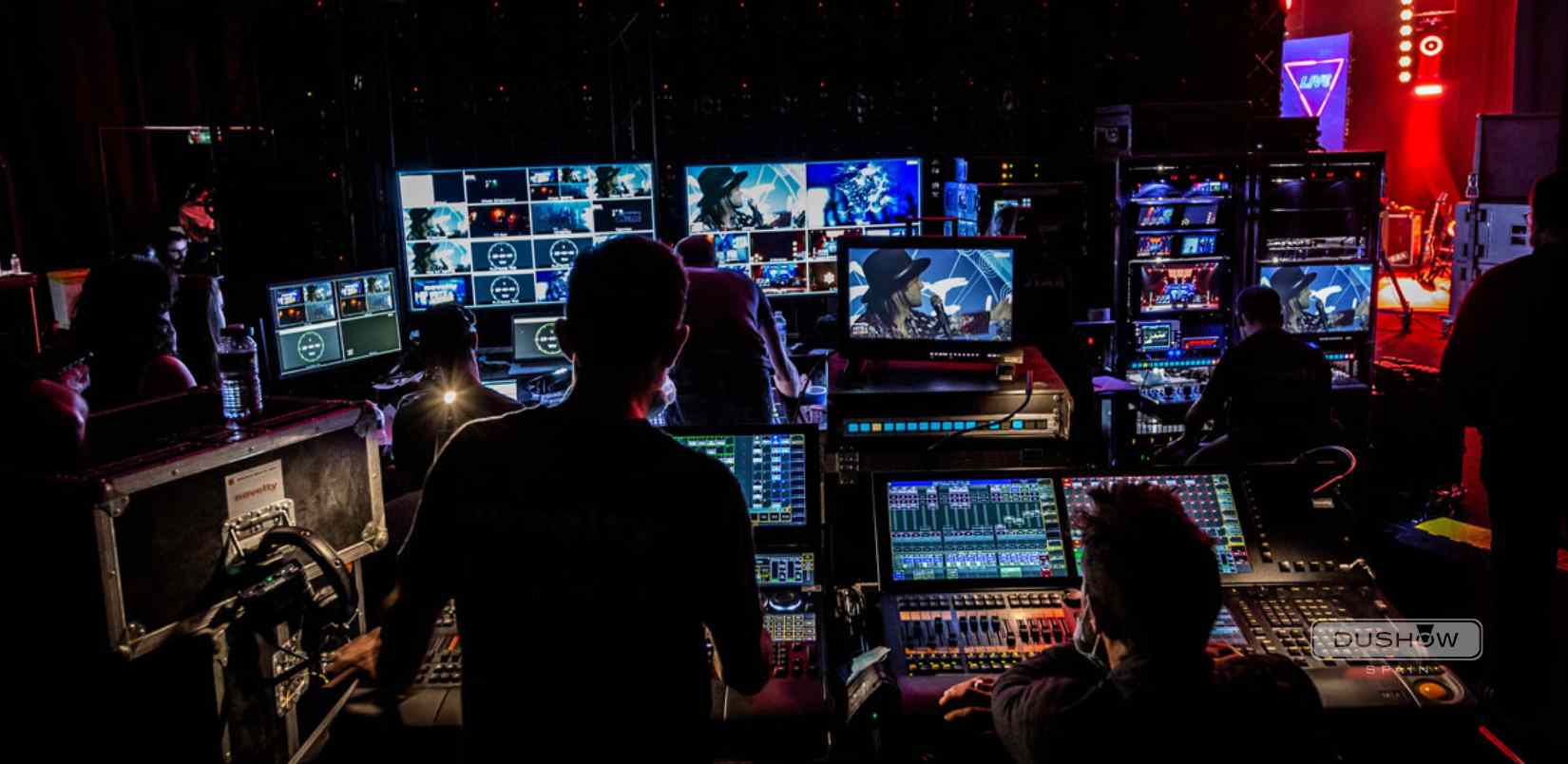Optimize Involvement with Interactive Components in Event Productions
Optimize Involvement with Interactive Components in Event Productions
Blog Article
Recognizing Exactly How Occasions Production Works: A Comprehensive Review of the Process
The intricacies of event production demand a systematic approach that integrates numerous stages, each playing a critical function in the total success of an event. Understanding the nuances of budgeting, source allocation, and on-site management is crucial for any type of specialist in this field.
Initial Planning and Idea Growth
Effective initial planning and idea growth offer as the foundation for effective occasions manufacturing. This stage involves defining the event's function, target market, and preferred end results. A clear vision is crucial; it overviews all subsequent decisions and aids align the group's initiatives towards an usual objective.
Throughout this stage, brainstorming sessions can be vital. Involving stakeholders, consisting of customers, sponsors, and potential attendees, fosters a collaborative environment that generates cutting-edge concepts. In addition, thorough market research should be conducted to understand trends, preferences, and potential obstacles.
As soon as the principle is developed, it is important to produce an in-depth event overview. This outline needs to consist of the event's style, format, and key tasks. Establishing a timeline is just as crucial, as it helps to manage target dates and tasks effectively.
Budgeting and Source Allowance
With a solid principle in location, attention has to turn to budgeting and resource allocation, which are important parts in executing the event successfully. A distinct spending plan functions as a roadmap, outlining all expected expenses and offered sources. It starts with recognizing dealt with and variable costs, including location service, event catering, innovation, staffing, and marketing. Each category ought to be carefully calculated to avoid overspending and to make certain that funds are designated properly.
Resource allowance includes designating both economic and human sources to numerous jobs and parts of the occasion. Prioritization is vital; essential elements should receive adequate funding while less crucial aspects might call for an extra traditional strategy. Backup preparation is critical-- alloting a section of the spending plan for unforeseen costs can reduce financial risks.
On top of that, reliable interaction amongst employee regarding spending plan restraints promotes collaboration and innovation. This advertises the accountable use resources and motivates imaginative remedies to remain within budget plan. Inevitably, a calculated approach to budgeting and resource allowance prepares for a successful occasion, enabling organizers to concentrate on supplying a memorable experience for participants while maintaining monetary integrity.
Logistics and Sychronisation
Browsing the complexities of logistics and control is vital for the seamless execution of any kind of event. This phase entails precise preparation and organization to make sure that all parts operate in consistency. Crucial element include location option, transportation setups, and the scheduling of different tasks.
This consists of understanding the design, accessibility points, and offered sources. Collaborating these components calls for collaboration with vendors, providers, and transportation services to make certain timely shipments and pickups.
An additional vital element is the growth of a thorough timeline that outlines all logistical components leading up to the occasion. This timeline offers as a roadmap, describing vital landmarks and target dates for jobs such as devices configuration, catering services, and audiovisual installations. Regular interaction with all stakeholders is essential to attend to any type of prospective issues proactively.
Implementation and On-Site Monitoring
Effective execution and on-site management are critical for changing careful plans into reality throughout an occasion. This phase involves the seamless coordination of numerous components, ensuring that every detail lines up with the well-known vision. On-site supervisors play an essential function, serving as the central point of interaction amongst vendors, staff, and stakeholders. Their capacity to make real-time decisions can considerably influence the occasion's success.
A distinct schedule is necessary, functioning as a roadmap for all tasks. Occasion managers need to ensure that configuration takes place on schedule, this post sticking to timelines for sound checks, catering shipments, and visitor arrivals. Effective analytical abilities are also important; unanticipated challenges can develop, calling for quick thinking and flexibility to maintain the event's circulation.
This degree of engagement not only improves the total experience yet also reflects the professionalism and trust of the occasion team. Ultimately, successful execution and on-site administration joint on comprehensive preparation, effective communication, and a dedication to supplying an exceptional event for all involved.

Post-Event Examination and Comments
The culmination of any type of event exists not only in its implementation however additionally in the complete assessment that follows. Post-event analysis is necessary for determining the general success of the occasion and identifying areas for enhancement. This procedure generally includes gathering feedback from numerous stakeholders, including guests, suppliers, and group participants, to acquire a detailed viewpoint on their experiences.
To learn the facts here now structure the evaluation, occasion coordinators frequently use interviews and surveys, concentrating on vital performance indicators such as guest contentment, logistical performance, and budget plan adherence. Evaluating this data allows organizers to examine whether the occasion satisfied its purposes and to recognize the toughness and weaknesses of the execution.
By methodically dealing with feedback and executing changes, occasion experts can enhance their approaches, eventually leading to even more effective and impactful occasions. In conclusion, post-event analysis is a crucial step in the occasion production procedure that guarantees recurring growth and quality in future endeavors (Event Productions).
Verdict

The intricacies of occasion production need a methodical technique that integrates several phases, each playing a crucial duty in Read Full Report the overall success of an event.With a strong principle in place, interest must transform to budgeting and source allotment, which are crucial parts in performing the event efficiently.Source allotment includes appointing both human and monetary sources to different tasks and elements of the occasion. Inevitably, a strategic method to budgeting and source appropriation lays the foundation for a successful event, enabling coordinators to concentrate on providing a remarkable experience for participants while maintaining financial integrity.

Report this page